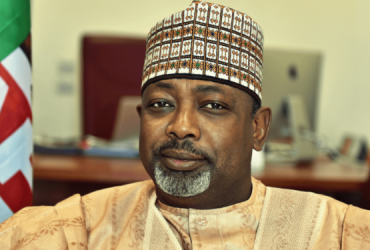The Federal Government has launched a ₦100,000 inventory loan scheme through CREDICORP, targeting 10,000 market women in 224 markets across Nigeria. This initiative aims to empower women traders and strengthen Nigeria’s informal economy through affordable credit.
President Tinubu has signed four tax reform bills into law, introducing sweeping changes aimed at simplifying Nigeria’s tax system, cutting red tape, and providing relief for low-income earners and small businesses.
Foreign direct investment into Nigeria dropped by 19% in Q1 2025, falling to $250 million, according to the Central Bank of Nigeria. Despite a positive trade balance, capital flight and declining investor confidence weighed heavily on the country’s external position.
Visa and Absa are calling on women entrepreneurs in South Africa to apply for the She’s Next programme, a flagship initiative providing funding, mentorship, and business training to help women-led ventures grow and thrive.
MTN Nigeria has invested ₦3 billion in the Federal Government’s 3MTT Programme, empowering over 90,000 Nigerians with technical skills and digital tools to compete globally.
Cutstruct has raised $1.5 million in seed funding to scale its digital procurement platform, improve logistics, and drive efficiency in Nigeria’s construction sector.
PaidHR, a Nigerian startup revolutionizing HR management, has raised $1.8 million in seed funding led by Accion Venture Lab. The company plans to expand its market reach, develop new products, and strengthen customer support.
Defying expectations, Ghana’s cedi has become the world’s strongest currency in 2025, fueling economic growth, easing inflation, and improving living costs for Ghanaians.
Kenya’s Peach Cars is transforming Africa’s used car market with a $11 million funding boost. Backed by Suzuki and JBIC, the startup is building a transparent, tech-driven marketplace that promises to restore trust and reshape vehicle ownership across the region.
Nigeria has injected N1.5 trillion into the Bank of Agriculture and invested over N200 billion in nationwide agricultural interventions to boost food security and empower farmers. The country is also deepening regional partnerships, with The Gambia seeking to adopt Nigeria’s rice production model as part of its 2030 food self-sufficiency drive.




















